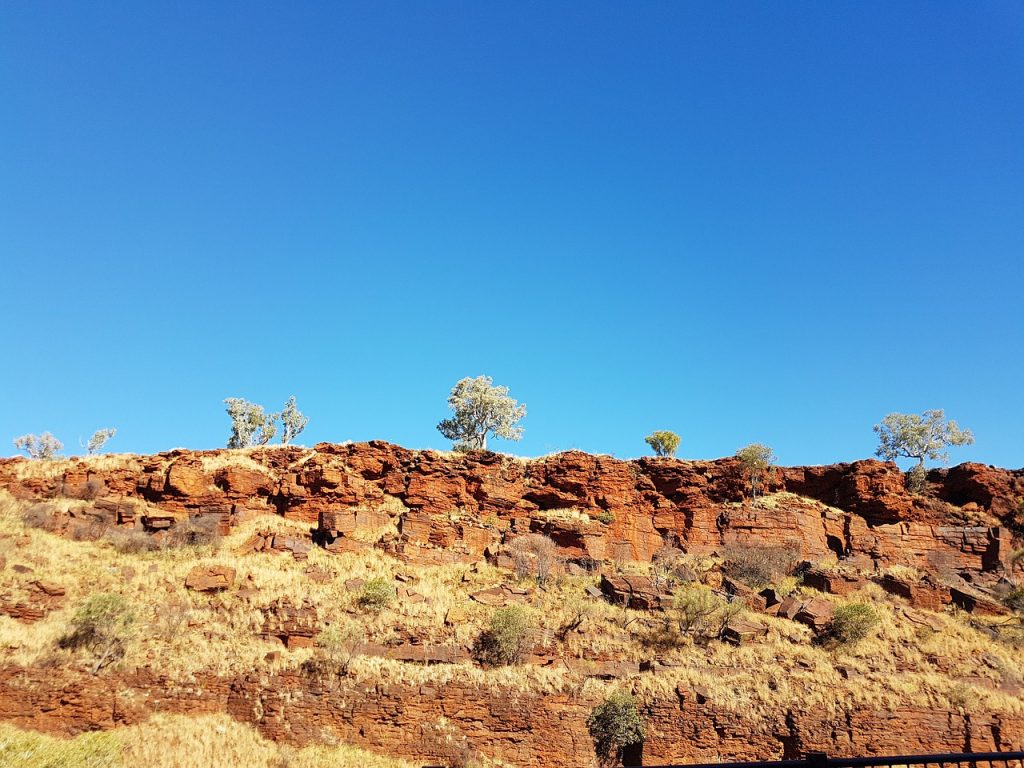
The National Native Title Council (NNTC) welcomes the communique following Monday’s roundtable meeting of cultural heritage ministers, but still holds major concerns over the WA Government’s proposed new bill, which falls significantly short of the reform needed and does not require the consent of Traditional Owners for cultural heritage to be destroyed.
Chaired by Minister Sussan Ley and Minister Ken Wyatt, the roundtable meeting of the Commonwealth, State and Territory ministers with responsibilities for cultural heritage were presented with two key documents: a ‘Vision/Roadmap’ and the ‘Best Practice Standards’ for cultural heritage management, developed by the Chairs of Australia’s national, state and territory Indigenous heritage bodies, with support from peak organisations, including the NNTC.
Importantly, the ministerial roundtable recognised the need to partner with Indigenous peoples to modernise Australia’s antiquated cultural heritage laws and that the ‘Vision/Roadmap’ and the ‘Best Practice Standards’ would be critical to that process.
While the NNTC recognises that the WA Government’s proposed new cultural heritage bill is an improvement on the existing one, the existing 1972 Act sets an incredibly low bar. The proposed legislation does not require the consent of Traditional Owners to disturb or destroy their cultural heritage and it does nothing to redress the significant power imbalance that exists between mining companies and Traditional Owners.
The NNTC’s CEO Jamie Lowe said:
“We are very pleased that the ministers recognise the value of both the Vision and the Best Practice Standards and we welcome their commitment to partnering with Indigenous peoples to modernise laws. However, the WA Government’s new draft bill falls significantly short of the Best Practice Standards, including the fundamental principle that Traditional Owners must be able to control and manage their own cultural heritage and their free, prior and informed consent must be given to destroy sites.”
“Under the draft WA bill, ultimate decision-making power still sits with the minister. If Traditional Owners don’t agree to the destruction of a site, then such authorisation can be provided by the minister. This forces the hand of Traditional Owners to reach agreement because they’re damned if they do, damned if they don’t. This is not genuine “consent”, it is harm mitigation. How is this going to prevent another Juukan Gorge catastrophe?”
“The draft bill also does little to redress the power imbalance between mining companies and Traditional Owners, in some respects actually entrenching it by relying too heavily on federal laws that are also inadequate.”
“The focus of Indigenous heritage destruction has rightly been on mining companies, but we also need to remember that governments too are responsible for destroying cultural heritage sites through their own building and construction. Under WA’s proposed bill, the same government, again, would be both applying and approving to destroy a site.”
For interview and more information please contact Megan Giles – megan.giles@nntc.com.au or 0433 028 567
Note to Editors: Jamie Lowe is Chief Executive of the National Native Title Council and a Djabwurrung Gunditjmara man. He is also an elected representative on the Victorian Treaty Assembly.
The ‘Vision/Roadmap’ is called Dhawura Ngilan: A Vision for Aboriginal and Torres Strait Islander Heritage in Australia and the ‘Best Practice Standards’ is titled Best Practice Standards for Indigenous Cultural Heritage Management and Legislation.

